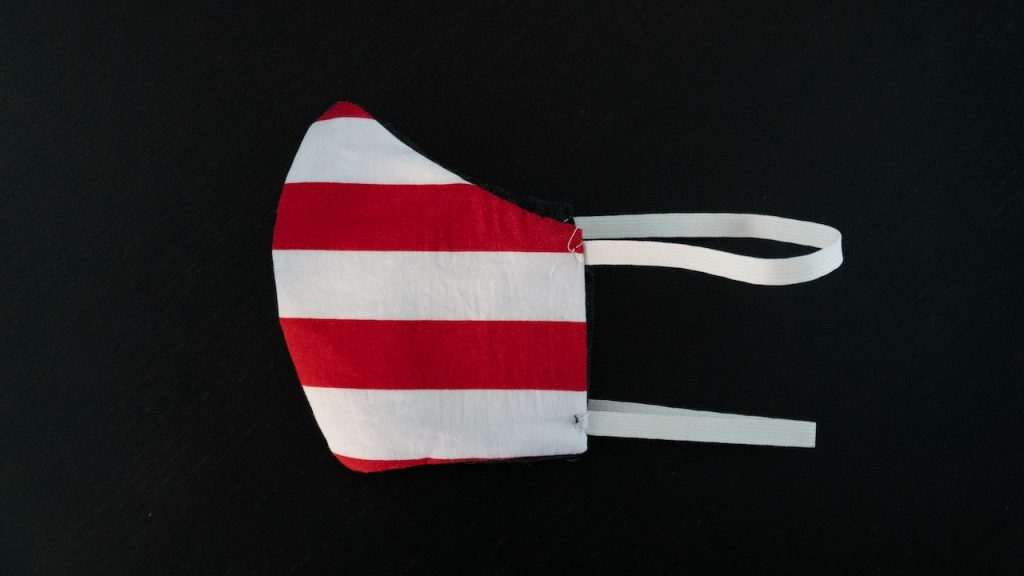Masks, Minneapolis Showcase America’s Mixed Notions of Freedom
Liberty for whom? Protests in recent months over stay-home orders and police brutality in the African American community are stark examples of the American struggle to define freedom and protected rights.

Widespread protests have emerged in Minneapolis and Louisville in response to the deaths of George Floyd and Breonna Taylor, two African Americans who died at the hands of local police.
“You have to think about what freedom really means to people. It shouldn’t just mean wearing a mask or being told to wear a mask.” — Graham Mooney, Johns Hopkins
These demonstrations come after a string of highly publicized incidences of racism and police brutality, all during a once-in-a-generation pandemic.
But other protests around state shutdowns and mask-wearing have marked this health crisis as well. This moment has brought to light longstanding tensions in America over which citizen’s liberties are prioritized and protected.
Listen: Freedom in America comes under debate during tense time.
Guest
Dahlia Lithwick, a Slate reporter who covers the courts and and hosts the podcast “Amicus.”
In her piece “Refusing to Wear a Mask Is a Uniquely American Pathology,” she explains how Americans’ ideals about personal liberties have made a tremendous impact on our response to the COVID-19 pandemic.
“We fetishize our constitutional rights, sometimes at our peril.” — Dahlia Lithwick, Slate
“It’s very, very symbolic of a very uniquely American mistrust of the government,” Lithwick says.
She describes how we give up minor personal liberties on a daily basis to contribute to a greater good. But when those rights are explicitly questioned or compromised, Americans tend to push back with great force. This occurs in a variety of contexts, whether it be from the order for the American public to wear a mask in public, or even the President to use social media to share statements based in myth and conjecture, without being questioned.
“We fetishize our constitutional rights, sometimes at our peril. And President Trump is claiming he has a constitutional right to tweet anything he wants at any time,” says Lithwick.
Graham Mooney, Associate Professor at Institute of the History of Medicine at Johns Hopkins University, is the author of a recent piece in The Atlantic titled “How to Talk about Freedom During a Pandemic.” He describes how this concept of ‘freedom’ is further complicated by both historical and current events, and subject to shift over time.
“You have to think about what freedom really means to people. It shouldn’t just mean wearing a mask or being told to wear a mask. It’s also about feeling and being free of disease. And we can only achieve that through collective action,” says Mooney.
Trusted, accurate, up-to-date
WDET is here to keep you informed on essential information, news and resources related to COVID-19.
This is a stressful, insecure time for many. So it’s more important than ever for you, our listeners and readers, who are able to donate to keep supporting WDET’s mission. Please make a gift today.
